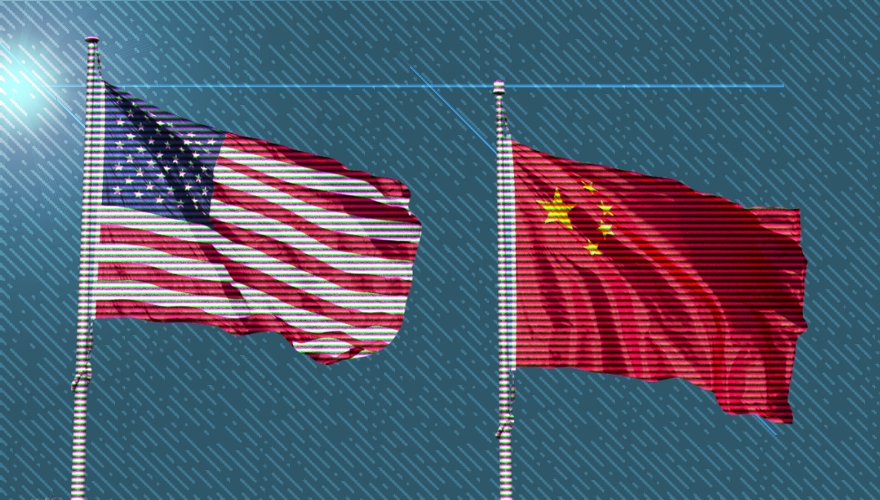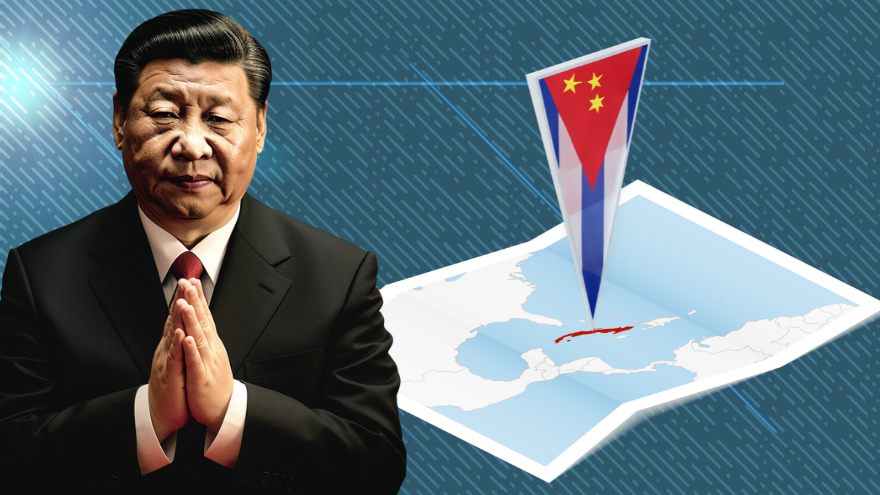The United States has banned imports from the world’s fourth largest laser printer manufacturer over human rights abuses.
The federal government has accused China-based Ninestar of business practices that target Uyghurs, the majority-Muslim population native to Xinjiang, and other ethnic minorities in the country.
“This Administration is committed to eradicating forced labor from U.S. supply chains and will do so while facilitating legitimate trade and strengthening the U.S. economy,” said Department of Homeland Security Secretary Alejandro Myorkas in a June 9 press release. “Our Department will not tolerate governments abusing human rights and will continue to restrict all goods at our ports of entry that use materials or workers from the Xinjiang Uyghur Autonomous Region where the People’s Republic of China aggressively oppresses and exploits Uyghurs and other Muslim-majority communities.”
The U.S. has also banned imports from Xingjang Zhongtai Chemical Co Ltd. Starting on June 12, imports of products from either company, including Ninestar’s eight Zhuhai-based subsidiaries will be restricted in the U.S.
Both companies have been added to the DHS’s Uyghur Forced Labor Prevention Act (UFLPA) Entity List, which currently includes 22 companies.
President Joe Biden signed the UFLPA into law in December 2021. The policy restricts imports from China — specifically from Xinjiang or from named companies – unless importers can prove “by clear and convincing evidence” the products were not manufactured with forced labor.
“The Forced Labor Enforcement Task Force will continue to hold companies accountable for perpetuating human rights violations in Xinjiang,” said Robert Silvers, the Chair of the Forced Labor Enforcement Task Force, Under Secretary for Policy, on June 9. “The use of forced labor offends our values and undercuts American businesses and workers. Forced labor is now a top-tier compliance issue, and businesses must know their supply chains.”
The Chinese government has been accused by the United Nations of detaining millions of Uyghurs in Xinjiang. According to Reuters, UN experts alleged the detained people have been taken to camps and subjected “to ideological training and abuse.”
In 2022, the BBC obtained police files from Xinjiang that provided detailed information about the camps and “described the routine use of armed officers and the existence of a shoot-to-kill policy for those trying to escape.”
China has denied all allegations of abuse and has instead said anti-terrorism measures have brought peace and prosperity to Xinjiang.
An estimated 12 million Uyghurs live in the area which is officially known as the Xinjiang Uyghur Autonomous Region. Uyghurs speak a language similar to Turkish. Following a significant influx of the ethnic majority Han Chinese people, the Uyghurs make up approximately half the region’s population.
While in office, President Donald Trump took several actions to condemn China’s treatment of the Uyghurs. In June of 2020, he signed the Uyghur Human Rights Act which permitted the U.S. to impose sanctions on Chinese government officials who aided in human rights violations against Uyghurs. His administration later released a report finding China had committed "genocide and crimes against humanity" with its treatment of the Uyghurs since at least March 2017.

